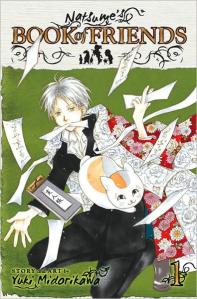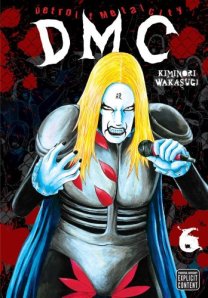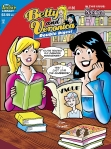Goodness, but it’s a dense ComicList this week!
Dark Horse continues to work its way through some of CLAMP’s most-loved back catalog. This week, it’s the first omnibus volume of Cardcaptor Sakura, originally published in English by Tokyopop and with an associated, legendarily butchered anime dub, if I remember correctly.
I liked the first volume of Chigusa Kawwai’s Alice the 101st (DMP) quite a bit. It’s about kids at a music school in Epcot Europe, and the second volume arrives Wednesday.
I’m also very fond of Konami Kanata’s Chi’s Sweet Home (Vertical), a slice-of-life tale about an orphaned kitten settling in with her new family. The third volume is due, and I’m working on a review of the series for later this week.
March Story (Viz), written by Hyung Min Kim and illustrated by Kyung-il Yang, is more interesting to me conceptually than it is for its individual merits. It originally ran in Shogakukan’s Sunday GX, and it’s by Korean creators, so that’s kind of unusual. Other than that, it’s very well-drawn but kind of average comeuppance theatre. It’s a big week for Viz’s Signature imprint with new volumes of 20th Century Boys, Kingyo Used Books, and Vagabond.
Yen Press is releasing a lot of product this week, but my clear favorite is the fourth volume of Svetlana Chmakova’s Nightschool, a complex, polished supernatural adventure about a school for mystical types.
What looks good to you?



































